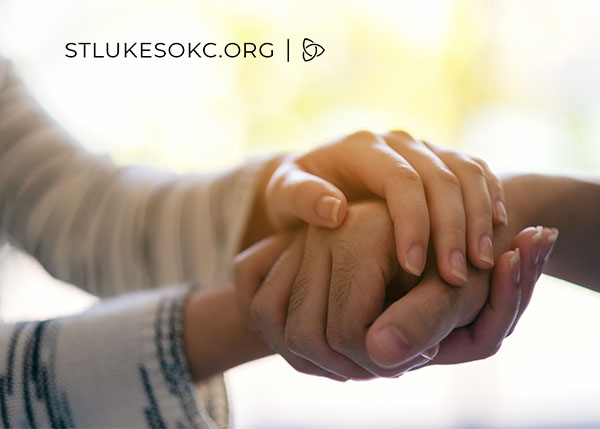We had a student at Studio 222 a few years ago that was struggling. This student had gone through so much in her life. Not only had she lost her father, but also during the time she was in Studio, she lost her mother to an overdose. She persevered through middle school and high school, doing well academically and socially. Because of this, myself and a number of others invested a lot of time, money, energy, love, and care to get her into college and help her succeed.
She did really well for a few years and then her life began to unravel. She made a series of choices that led to dropping out of school, struggling with finances, and her family abandoning her. She found herself homeless.
We stepped in again, setting out a plan to get her out of her financial mess, into housing, and back on her feet again. It was a great plan and we all not only anticipated but expected her to accept the offer with gratitude and move forward. She didn’t. Instead she chose to fall into deeper despair. We all were heartbroken, hurt, disappointed, and angry. We just couldn’t understand.
It took me quite a while to grasp, but I believe I’ve learned a lot from not only this particular situation but the many other day-to-day experiences I have in working with the students at Studio 222. I’ve come to understand that I often expect people to act a certain way, so it has also helped me with all the relationships in my life.
We all expect people to respond in a particular way to our love, our help, our advice, and our gifts of time and money. Most often they don’t react like we expect, or the outcome is not what we wanted, and we find ourselves hurt, disappointed, and angry. Expectations are based on experience. People have their own experiences, identities, and ways of operating based on those experiences.
Learning to let go of expectations is hard. I read that it requires “radical acceptance.” I like that – radical acceptance. It starts with self-acceptance. As we learn to accept our own strengths and weaknesses and where we are at this particular time in our lives, we become more accepting of others. Letting go of expectations does not mean you no longer hope and wish the very best for others. Instead, you accept and love others for who they are and where they are in their life without the need to control how they respond. Jack Kornfield puts it this way, “To let go does not mean to get rid of. To let go means to let be. When we let be with compassion, things come and go on their own.”
This Lent, I’m choosing to give up something that I believe will truly transform my life. I’m choosing to try to give up my expectations and practice radical acceptance.
Julie Robinson, Executive Director of Studio 222



